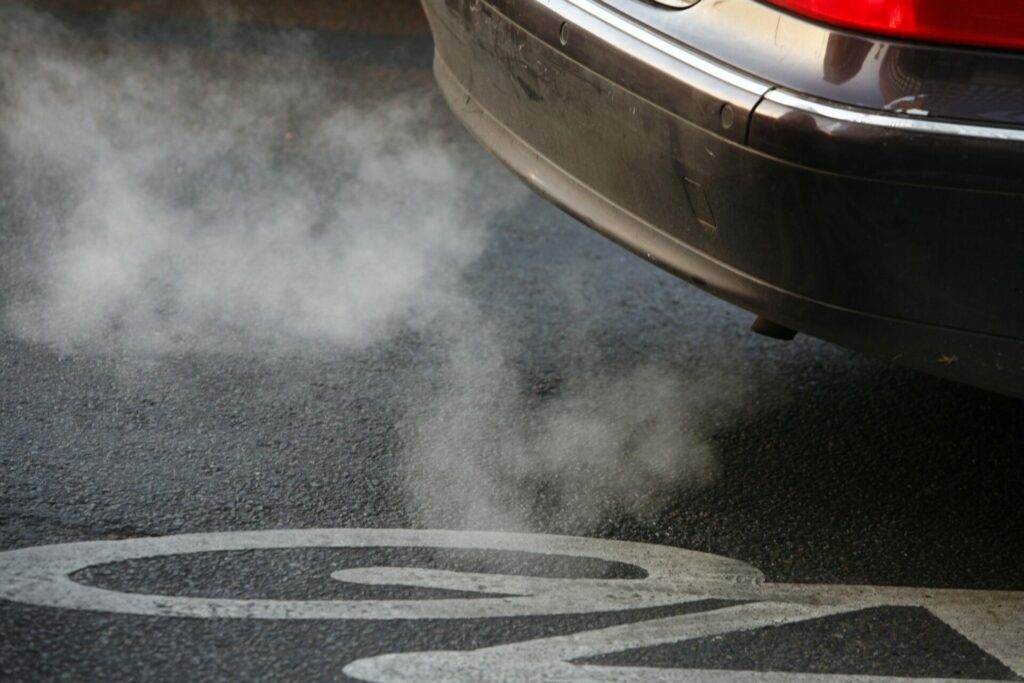Belgium's Federal Government has reached a final agreement on tax for fossil-fuelled company cars, which now will not be increased. However, the annual allowance for bicycles used for commuting will increase.
The decision was taken following consultation between Federal Finance Minister Vincent Van Peteghem (CD&V) and the Federal Government, with discussions aiming to set out a reference for the CO2 emissions of company cars. A reformed calculation method takes the entire fleet into account to determine clear emissions objectives.
Announcing the decision on Tuesday morning, Van Peteghem spoke of the need to shift Belgium's sizeable fleet of company cars to electric models, something that the State hopes to achieve to a large degree by 2026. But his optimism was measured as he urged the need to be "realistic", noting that "not every employee has yet been given the chance to opt for an electric company car."
He argued that it wouldn't make sense to encumber these individuals with a tax increase and stressed that the first step to lowering emissions from company cars is to define clear objectives.
Translation: "The Federal Government reached an agreement on determining the reference CO2 emissions for commercial vehicles. With this agreement, we avoid unexpected additional burdens for people who work. This without affecting the success of greening commercial vehicles by 2026."
Two weeks ago Van Peteghem launched his proposal in an effort to protect drivers of company cars running on petrol or diesel from a hefty tax increase.
Company cars are frequently used for private journeys and as such are considered by the tax authorities as an additional perk, which should not be exempt from taxation. But how much should be paid will depend on the car's emissions relative to company cars nationwide: the lower those average emissions, the more tax drivers of polluting cars must pay.
In the previous calculation method, electric cars accounted for 44% of new registrations though in reality they represented only 17% of the company car fleet. This highlighted the significant shift towards electric company cars. But prior to today's agreement, drivers of cars with petrol and diesel engines risked paying up to 20% more than in 2023.
Prime Minister Alexander De Croo stressed that the measure would not impact the budget.
More incentives for bikes and trains
The issue of taxes on company cars has for weeks fuelled disagreements within the Federal Government, with the French-speaking Greens (Ecolo) especially keen to push for higher taxes. For them, sparing cars an additional tax was only acceptable by also incentivising more environmentally friendly means of transport.
To this end, those cycling to work will enjoy an increased bicycle allowance. Specifically, the allowance ceiling has been raised so that people who cycle a longer distance are no longer at a disadvantage once they hit the lower benefit threshold.
Until now the bicycle allowance was exempt from tax provident it remained below €2,500 per year. This will now be raised to €3,500, Van Peteghem explained.
Related News
- Brussels enters top ten most congested cities in the world
- Young people less likely to be granted company cars in Belgium
- The Belgian commute: Car still king, but record number cycling to work
To assist people who commute by train, the new allowance accounts for the increase in ticket prices from 1 February. This rise in prices will not apply to train ticket subscriptions, which are also 56% reimbursed by employers. "This means that the increase in ticket prices will not have an impact on people's salaries," Van Peteghem explained.
Part of a bigger package
The Government also reached an agreement on two other dossiers that apply to company cars: namely an anti-fraud plan and consultations with the unions regarding social dumping in the meat industry, construction and moving sectors. Social dumping is the practice of outsourcing to places with a lower cost of labour.
On these points De Croo did not provide further details but stated that more information will be communicated by the relevant ministers later.

